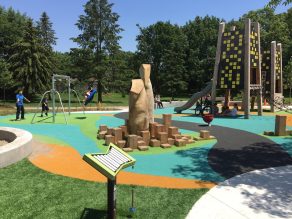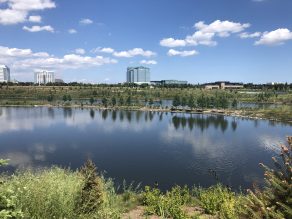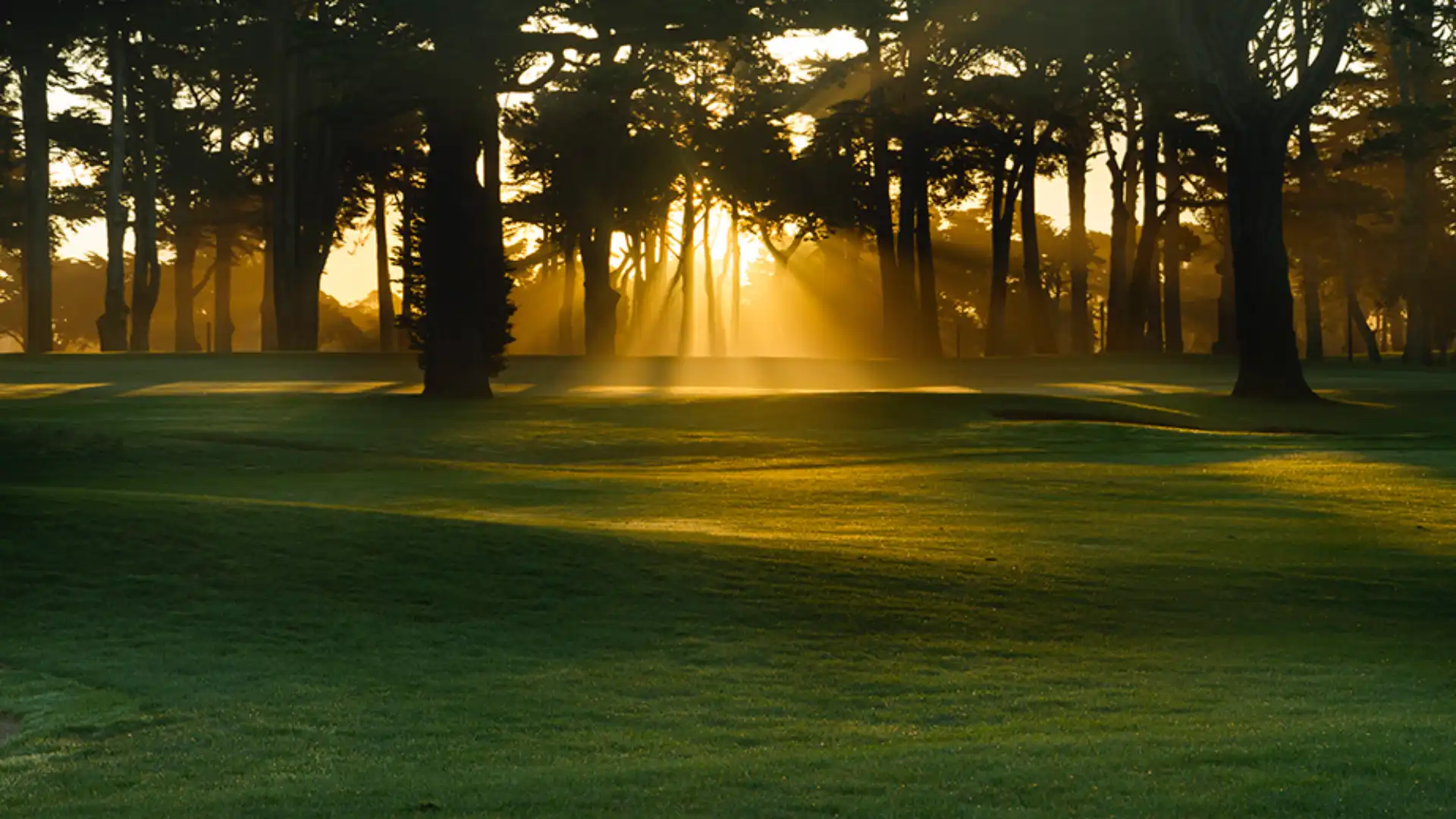If you live in Mississauga, there’s a good chance that you love your local park. How do we know? You told us. In our 2023 Citizen Satisfaction Survey, residents ranked parks and open spaces as the most appealing thing about living in Mississauga. While parks hold a special place in our hearts, they also have important social, health, economic, and environmental benefits that you might not be aware of.
Here are some of the reasons why we’re making parks and open spaces a priority for the City of Mississauga.
We’re green… but not green enough
With more than 500 parks, Mississauga residents have lots of destination parks, community parks and green spaces to enjoy. But did you know that Mississauga actually needs even more parkland to meet the growth planned for the city? According to our Parks Plan, land for new parks is becoming more expensive and harder to find. This means, some parts of Mississauga simply don’t have enough parkland to meet future demands. In fact, to keep up, we need another 94 acres – similar to 94 average-sized football fields – of new parkland in the next 10 years.
The City is working hard to secure new parkland when developers apply to build in Mississauga. And we’re making progress despite new provincial legislation that allows developers to contribute less for parkland. Since 2019, we’ve expanded Mississauga’s park system by almost 100 acres. And as we build more housing, we will continue to work on acquiring land for new parks especially in urban areas like the downtown core.

Parks offer a good return on investment
Parks and open spaces are a source of positive economic benefits for cities. They enhance property values, increase municipal revenue, bring in homebuyers, and workers and help attract tourists. From neighbourhood parks used for arts programming, fitness activities and small gatherings to Celebration Square which attracts more than 750,000 visitors a year, Mississauga parks are economic engines for our city.
Parks also offer important health and wellness benefits. According to a new study by the University of Waterloo, researchers estimate the economic value of a new city park in downtown Peterborough, Ontario at more than $4 million per year. The study considered the health savings associated with improved mental health and better air quality, the avoided economic burden of physical inactivity and higher life satisfaction.

Parks help fight climate change
Parks help fight climate change in several ways. This includes combatting the urban heat island effect. Urban heat islands are caused by heat trapped in densely packed buildings, roads and other infrastructure. That’s why cities are often so much warmer than nearby rural areas. The result? Increased energy demand, higher air conditioning costs, heat-related illnesses and deaths. Urban parks help to moderate artificially higher temperatures by cooling the air.
Parks also have other climate benefits: they provide shade – from trees planted in the parks and from shade structures. This helps keep Mississauga residents cool on hot summer days. Parks also reduce greenhouse gas emissions, as trees, shrubs, and other greenery absorb these gases. In addition, parks help lower the levels of air pollution and help manage stormwater to minimize flooding and erosion.
The City is integrating measures to address climate change as we build new parks and park facilities. The Improving Cooksville Parks project is a good example of how adding new parkland can improve climate resilience by helping to manage stormwater. Given their proximity to the Cooksville Creek, the eight hectares (20 acres) of newly acquired properties added to Cooksville Park and Iggy Kaneff Park will become important new greenspaces in one of the City’s most urban areas. Mississauga is also exploring options to enhance existing city-owned parks as upgrades and renovations are required.

Want to dig deeper?
Read our Parks Plan and the 2024 Future Directions Parks, Forestry and Environment Plan to learn more how the city plans for future parkland needs. Check out the Climate Change Action Plan for more information how we’re making our parks – and city – even greener.







Leave a Reply
You must be logged in to post a comment.